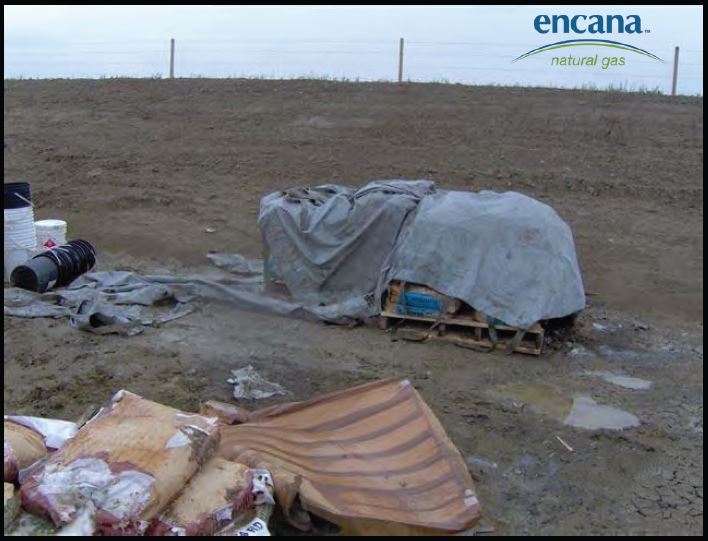Fracking chemicals lower sperm count in mice when they reach adulthood, says new research, The research could have fertility implications for people living in shale gas zones in the United States by Paul Gallagher October 14, 2015, The Independent
Chemicals used in fracking lowered the sperm count in mice when they reached adulthood, according to new research which could have fertility implications for people living in shale gas zones in the United States.
American scientists tested 24 chemicals used in the oil and natural gas drilling technique and discovered that all bar one of them were endocrine-disrupting chemicals, or EDCs.
EDCs mimic, block or otherwise interfere with hormones, the body’s chemical messengers that act through receptors to regulate the activity of cells and biological processes such as metabolism, reproduction, growth, and digestion.
Tests were carried out on the chemicals from Colorado, either on their own or as part of a mixture, for their ability to activate or inhibit action of the oestrogen, androgen, progesterone, glucocorticoid and thyroid receptors using a human cell-based assay.
… Among the 23 EDCs the scientists identified, more than 90 per cent of the chemicals disrupted the functions of oestrogens and androgens, male sex hormones such as testosterone. In addition, more than 40 per cent could interfere with progestogens, another type of reproductive hormone, and glucocorticoids, which are involved in metabolism and stress. Thirty per cent of the chemicals disrupted thyroid hormone signalling.
Lead researcher Susan Negel, Associate Professor at the University of Missouri Health, said: “It is clear EDCs used in fracking can act alone or in combination with other chemicals to interfere with the body’s hormone function. These mixture interactions are complex and challenging to predict. More research is needed to assess the many other chemicals used for fracking and to determine how they may be contributing to health outcomes.”
… Last week the Conservative-led Ryedale District Council voted in favour of a five-year moratorium on fracking in Ryedale, north Yorkshire. That followed a meeting in June in Preston when Lancashire County Council rejected a fracking application by Cuadrilla — against the advice of its planning officers.
Professor Paul Stevens, an energy expert at Chatham House, called the latter decision “the final nail in the coffin of UK fracking”. [Emphasis added]
[Refer also to:
Benzene Exposure Near the US Permissible Limit Is Associated With Sperm Aneuploidy

2006: Encana chemicals in the rain at Rosebud, Alberta under “Best in the World” AER’s “World Class” watch

2012: Encana’s waste dumping on foodland at Rosebud, Alberta
